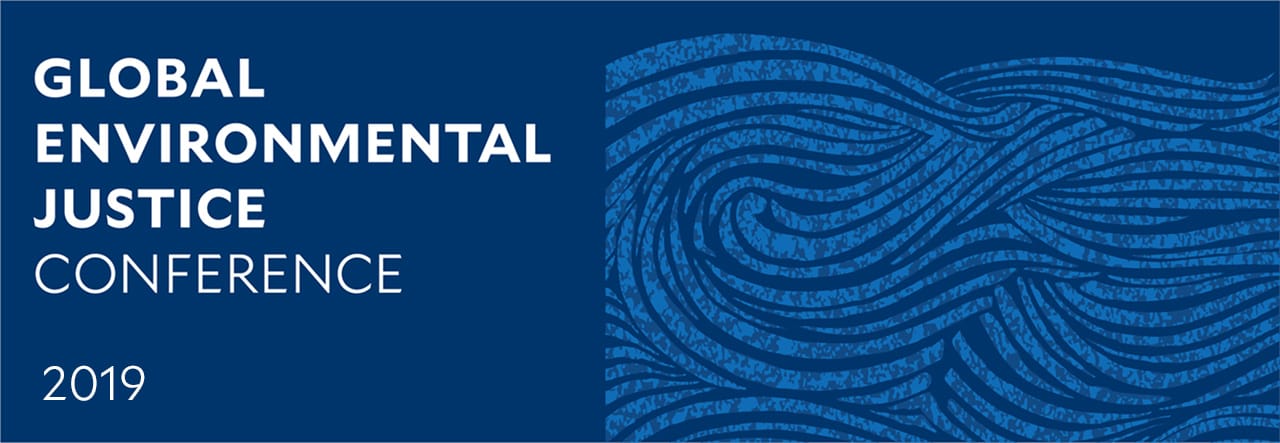Panels
Multi-Scalar Environmental Governance – The failure of existing policy frameworks to solve super-wicked problems
Friday, November 15, 2019 - 9:45am
Burke Auditorium, Kroon Hall
Why is that, in the last 20 years, the proliferation of public and private policy interventions designed to ameliorate climate change has coincided with an increasing global acceleration towards an ecological catastrophe?
Papers in the panel explore the ways in which policy interventions developed at national and international scales, based on existing applied policy frameworks, including cost-benefit and multi-goal policy analysis. In brief, those seeking to solve the problem are also causing the problem.
Conventions such “Free, Prior, and Informed Consent” are not only resulting greater self-determination for indigenous peoples and increased state accountability but are also creating conditions for greater state control of Indigenous populations Resource-dependent communities therefore find themselves. Similar discourse of decentralized citizen participation to access large and growing pools of international climate finance result in solidifying state control over people and resources. This panel will consider the overarching question of how can we create and design innovative and durable solutions to our growing environmental problems.
Chair

Panelists
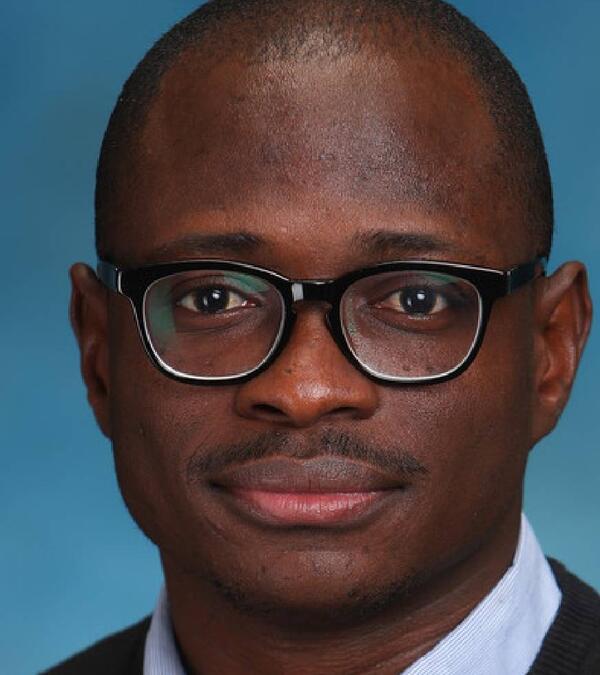
My work focuses on decision making and just transition, particularly in fossil fuel dependent economies. Currently, I am investigating how impact assessment (IA) can be a useful decision making tool through the design of a just transition impact assessment (JTIA) framework. I do not consider JTIA as another type of IA, but rather a contextualized reconsideration and synthesis of existing genres of IA. At the conference, I would be turning my attention to the process of law making and implementation and how this impacts on public acceptance and legitimacy of climate policies.
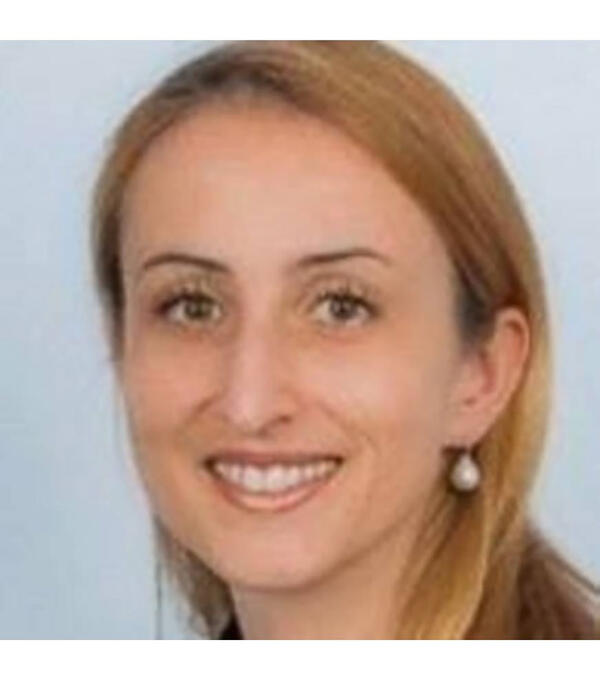
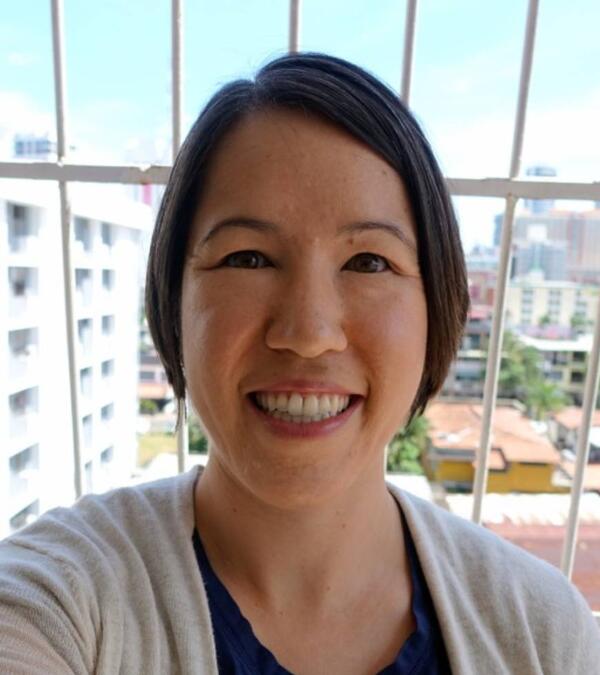
What does it mean to for an Indigenous group to be consulted about a development project? Activists have long lobbied for states to recognize Indigenous peoples’ right to be consulted about projects that affect their lands and livelihoods. But consultation—and its stronger counterpart, consent—are ambiguous, with multiple uses and stakes for Indigenous peoples and states alike.
Ways of Being – The friction of multiple knowledges and ‘green’ development
Friday, November 15, 2019 - 9:45am
Bowers Auditorium, Sage Hall
This panel will explore why and how environmental policies and programs, often claiming to advance the interests of local communities, continue to ignore or obfuscate place-based ecological knowledges and relations. Drawing on case studies with communities in the Peruvian highlands and New York City, and an analysis of the Intergovernmental Science-Policy Platform on Ecosystem Services, papers will examine how the epistemologies and ontologies of local people challenge the narratives imposed by powerful state, corporate and civil society actors, including ecosystem services, green infrastructure, ecotourism, and collaborative adaptation. We will look to efforts by Indigenous nations and grassroots organizations to decolonize or disrupt developmentalist agendas that deny or distort local ways of knowing and being. Panelists will consider new questions that emerge from the friction between multiple knowledge systems.
Chair
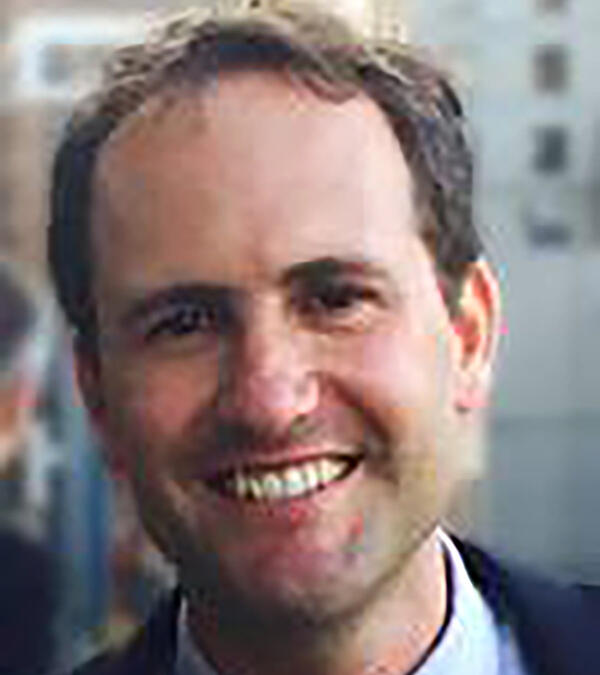
Panelists
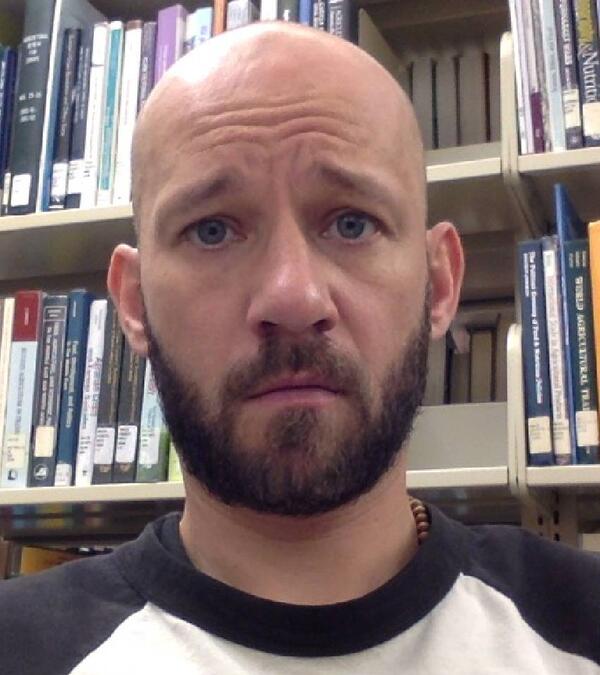
“Whereas it has long been known and declared that the poor have no right to the property of the rich, I wish it also to be known and declared that the rich have no right to the property of the poor.” John Ruskin, “Unto This Last” This is a starting point in my research. It is generalizing from this to categories beyond rich and poor, into different ways of being with the world and how these are connected to place and environment, that occupies my time.

My work is focused on environmental governance. Governance can be conceptualised in a variety of different ways, but fundamentally governance is about representation. How are decisions made and who gets to make them? How are power and responsibility exercised? Which citizens or stakeholders have a say, and which are silenced? Environmental justice is a lens that can be used to help unpack these questions, and can be especially important in research settings where these kinds of questions do not always get the attention they deserve.
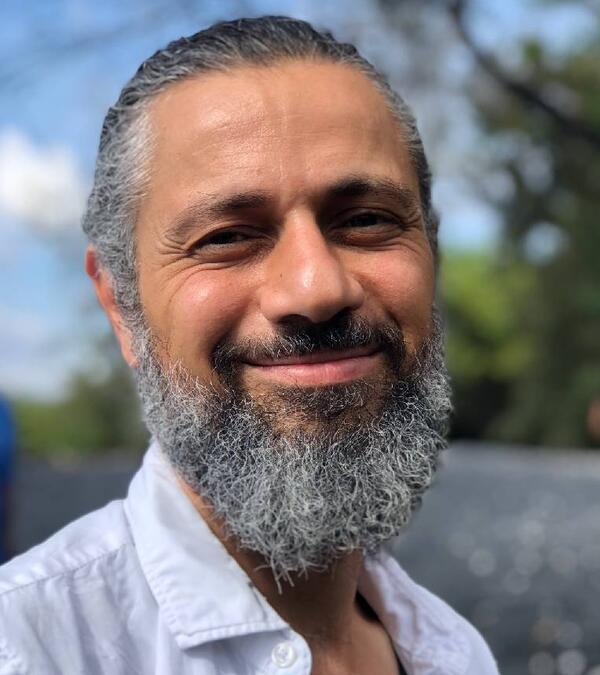
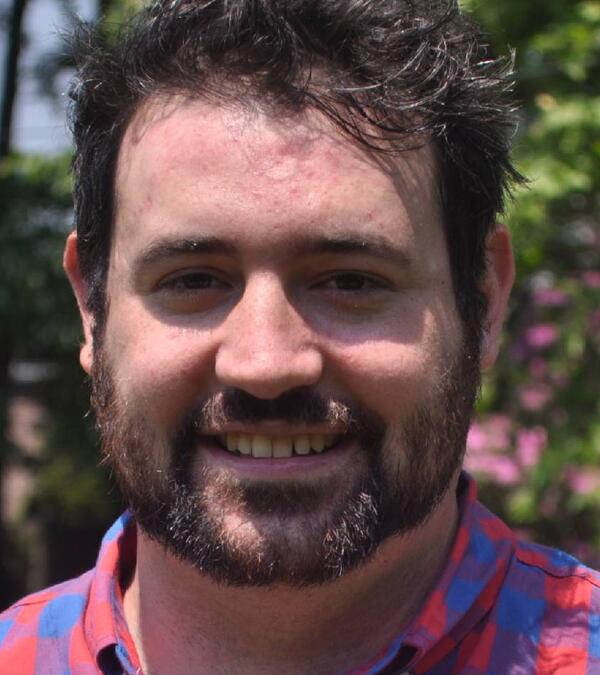
My research on climate change adaptation is squarely situated within the domain of climate justice. Beyond paying attention to uneven distributions of climate impacts among historically marginalized communities, my work aims to understand the ways in which formal adaptation responses (policy and development) threaten to reproduce the social vulnerabilities and inequalities which they intend to redress.
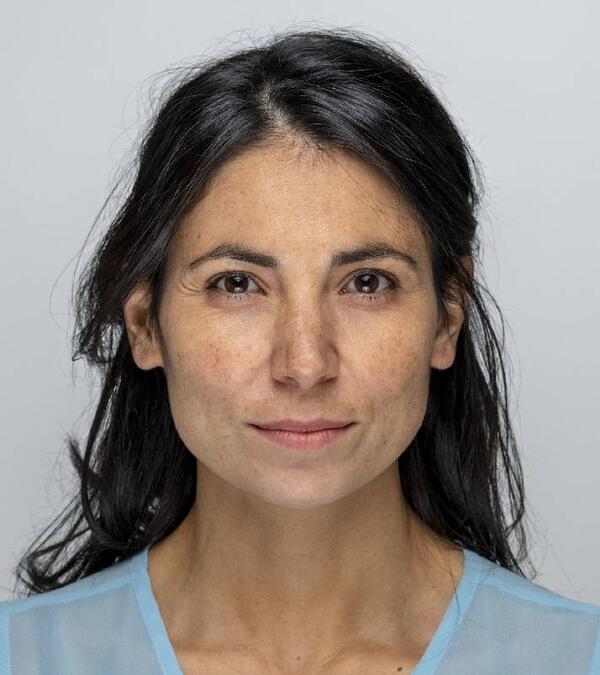
My research on climate change adaptation is squarely situated within the domain of climate justice. Beyond paying attention to uneven distributions of climate impacts among historically marginalized communities, my work aims to understand the ways in which formal adaptation responses (policy and development) threaten to reproduce the social vulnerabilities and inequalities which they intend to redress.
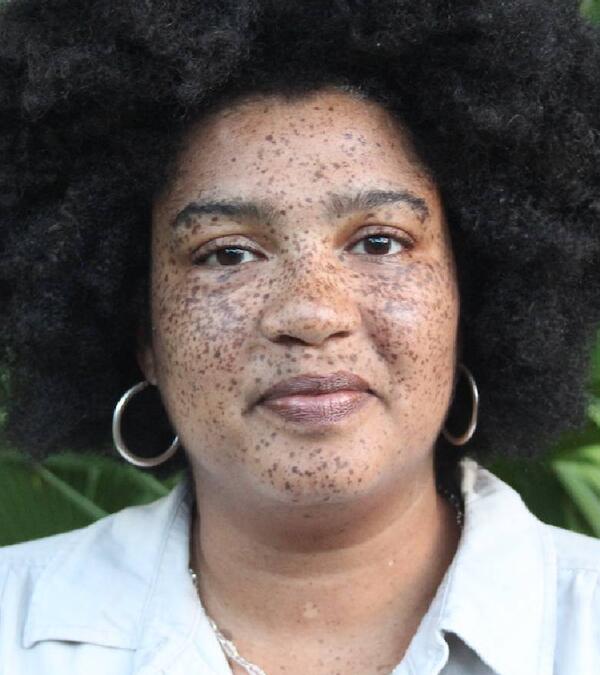
I study southern Black relationships to land, space, and the environment. My current research project focuses on historic and contemporary southern African American farming communities in Florida.
Fitly Together: Southern Farmworking Women Theorizing Justice and Wellbeing
Extractive Industries, Economic Mindsets, and Human Rights
Friday, November 15, 2019 - 1:30pm
Burke Auditorium, 3rd Floor, Kroon Hall
Extractive industries have produced negative social, economic and environmental consequences for indigenous people and local communities around the world. In this panel researchers address issues of erasure of indigenous rights through settler colonialism, just fossil fuel transitions for resource dependent local communities, the lack of transparent environmental governance policies, and the long history violence to marginal and mobile communities through the processes of state sanctioned, corporate driven resource extraction. Collectively these authors demonstrate how the impacts of colonial logics of private property and capitalist accumulation depend on the continued production of a class of vulnerable workers. These papers highlight the importance of understanding how natural resource extractions and environmental justice are intertwined in complex ways. Environmental managers need to be well-versed to understand these connections and ultimately to work to disrupt patterns of resource use that produce violence against both people and the environment.
Chair

Dr. Lauren Baker is a Senior Policy Analyst and the Inclusive Development and Environment Advisor for the Office of Policy at the US Agency for International Development. Her work focuses on inclusion and equity, local ownership, social safeguards, and sustainability in international development policy and practice, with a long-standing focus on indigenous peoples’ issues and the nexus of human rights and the environment. Dr. Baker is an alumna of the Yale School of Forestry & Environmental Studies, where she completed her Ph.D. in 2015 and Master of Environmental Management in 2005.
Panelists
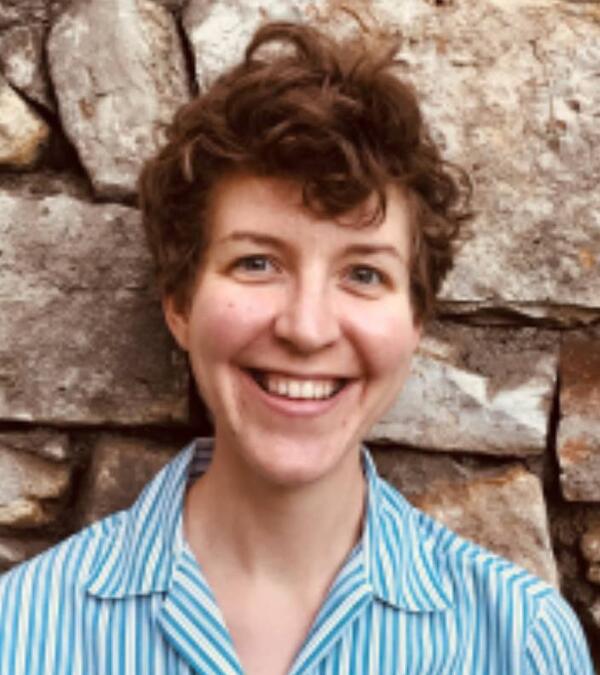
My work focuses on critically examining legal regimes and power structures that facilitate disproportionate environmental hazards. This work draws attention to settler colonial mechanisms of property ownership in the United States and how these processes continue to perpetuate social inequality.
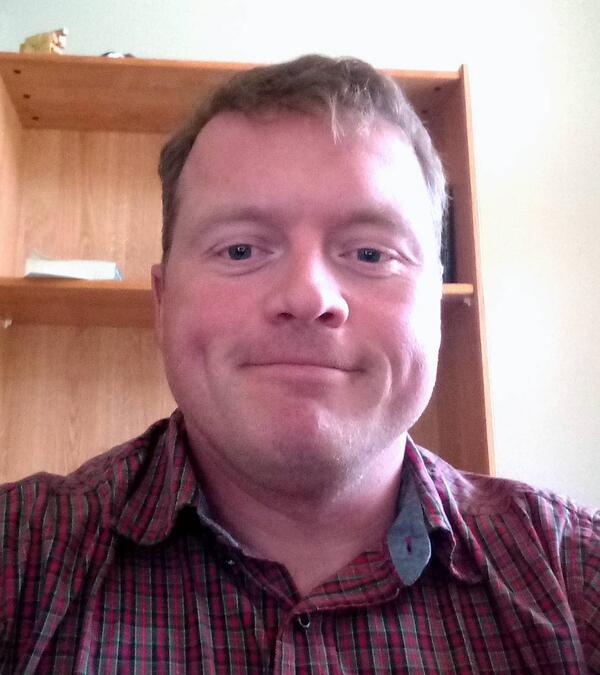
My research concerns “supply-side” or “upstream” environmental justice for coal-dependent communities as we transition to a more sustainable energy system.
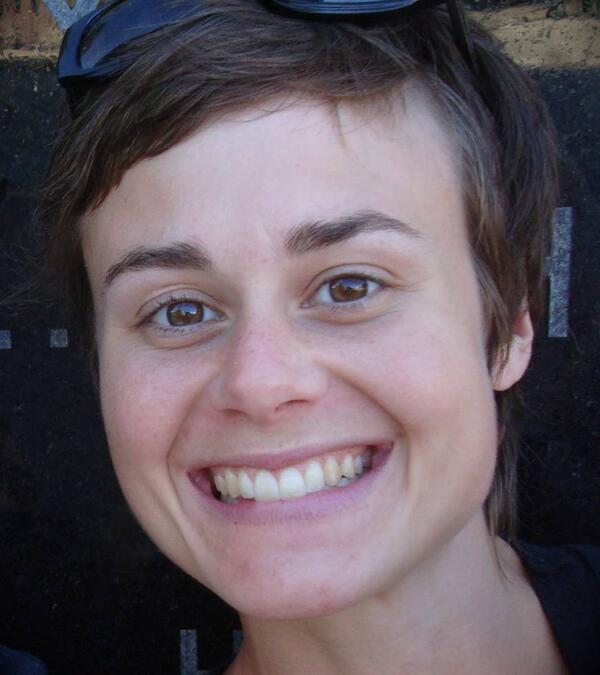
Katie is a post-doctoral fellow at McMaster University and holds a PhD in geography from the University of Toronto. Her research focuses on the politics of work and resource extraction in North America. Her doctoral research examined the changing forms of labor flexibility and mobility that underpin Canada’s extractive industries. Moving from the post-war period to the present, her dissertation illustrates how regional planning, poverty policy, and changing ideas about working life have normalized the extreme labor relations that characterize Canada’s extractive sector today.
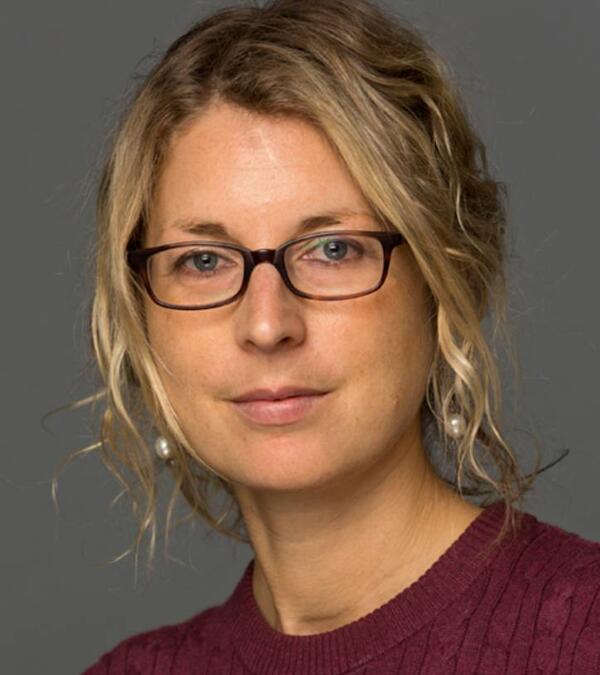
My work looks at cross-overs and continuities with forms of resource extraction, questioning how productive alliances can be made between environmental and immigration social justice projects.
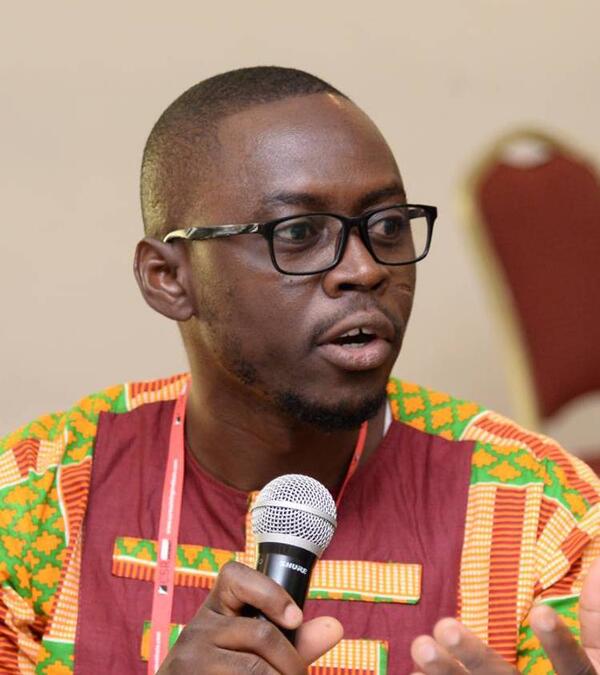
My work extends our understanding of environmental policy development and implementation within the gold mining industry in Ghana from the perspective of critical stakeholders. It explores how Ghana’s environmental policy framework can be improved to assist the mining industry in finding ways to extract and process minerals while maintaining worker safety and offsetting environmental impacts, thus identifying win-win outcomes for business and society. The overarching goal is to promote environmental justice within Ghana’s mining space.
Risk, Resilience and Climate Change
Friday, November 15, 2019 - 1:30pm
Bowers Auditorium, Sage Hall
Environmental conditions such as flooding or hurricanes can result in temporary or permanent migration or displacement. Such events and movement patterns are anticipated to increase under a changing climate. This can result in economic, societal, and cultural losses, as well as detriments to health. Some people are more likely to suffer than others. We are seeking submissions that explore one or more of the following key issues: what personal, family, or community factors are associated with being more likely to experience migration/displacement due to a changing climate; what are the health and socio-cultural impacts of migration/displacement from environmental conditions; what steps might be taken to help make communities more resilient, and in ways that would enable them to more fully participate in post-disaster recovery and reconstruction? To address the dynamic and development of change in complex socio-ecological systems these papers consider issues of resilience, adaptability and transformability across multiple scales. An overarching concern in addressing risk, disaster, humanitarian aid, and rebuilding post-disaster whether is it possible to foster resilience at small, manageable scales when confronted with larger governance structures and entrenched patterns of resource accumulation that are less resilient.
Chair
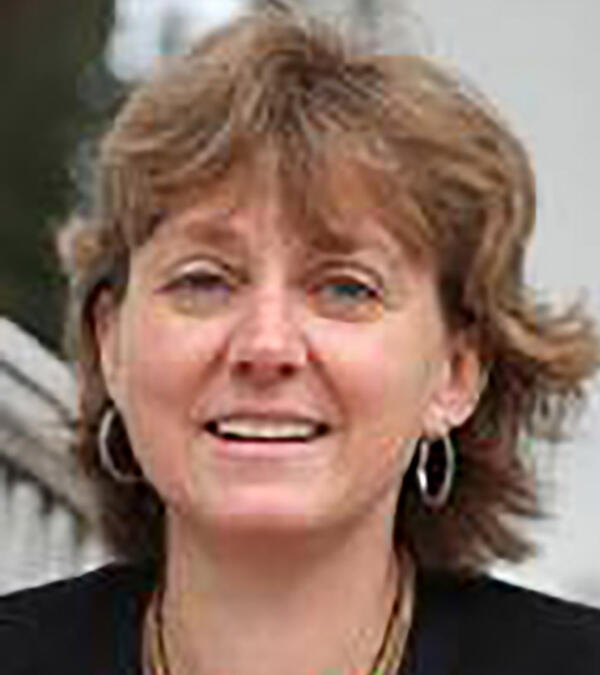
Panelists
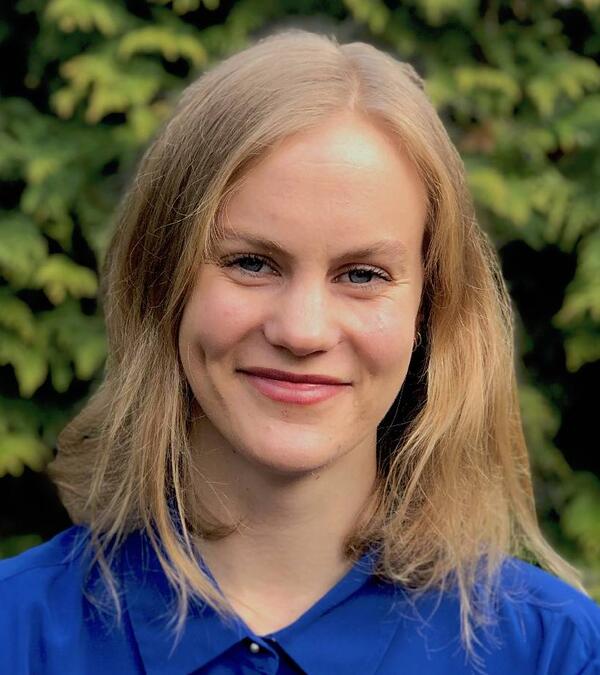
Kate Burrows is a PhD candidate and National Geographic Explorer based at Yale University in the School of Forestry & Environmental Studies. She studies environmental epidemiology and the relationship between the environment, migration, and mental health. Prior to beginning at Yale in 2016, Kate received her MPH from Columbia University (2016) where she wrote her masters thesis on the link between climate change, displacement, and conflict (see Burrows & Kinney, 2016).
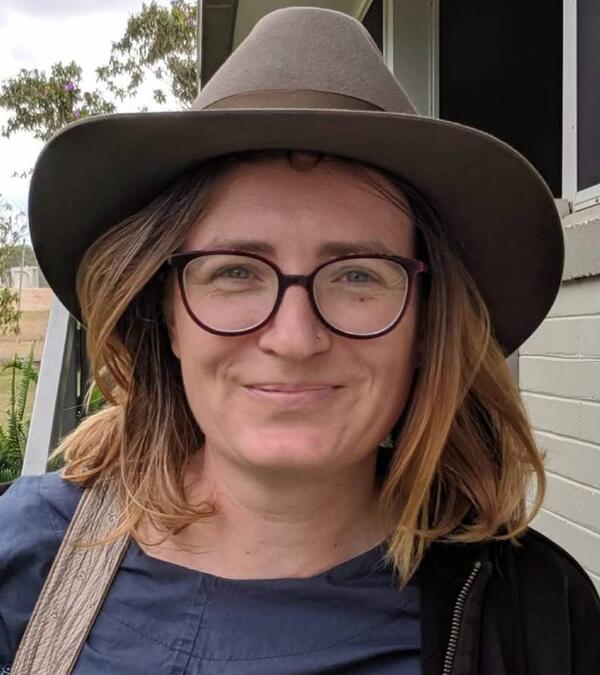
I am interested in how natural disaster events and recovery shape perceptions of climate change and understandings of what it means to live in the Anthropocene. Disaster recovery is an opportunity to improve the allocation of resources and increase environmental justice. However, doing so requires political and epistemic changes that seem to be unattractive to political elites.
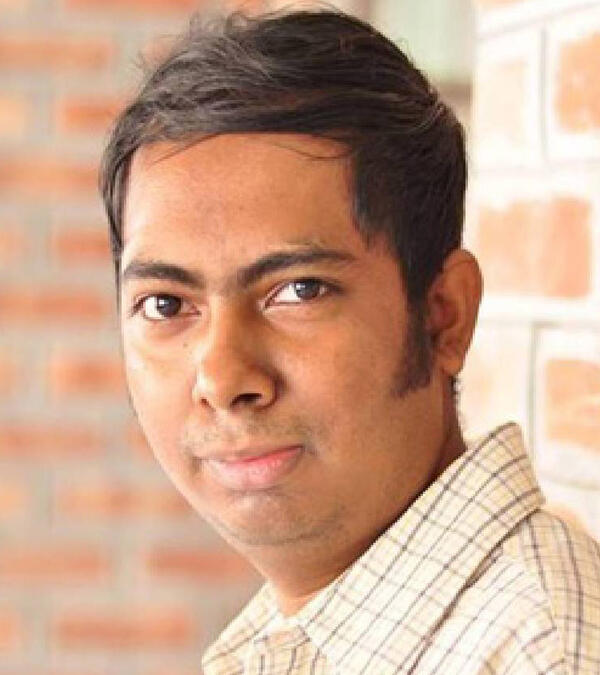
Mohammad Mahbubur Rahman works as a Research and Advocacy Officer at Network on Climate Change in Bangladesh. He has extensive experience in both scientific and social research, plus over four years of experience in planning and reporting on climate change, disaster risk reduction, environmental, social and development interventions. He has worked as a Research and Development Professional of RMMRU, JU, BCAS, BIID and Grameen Communications in their different development and research projects.
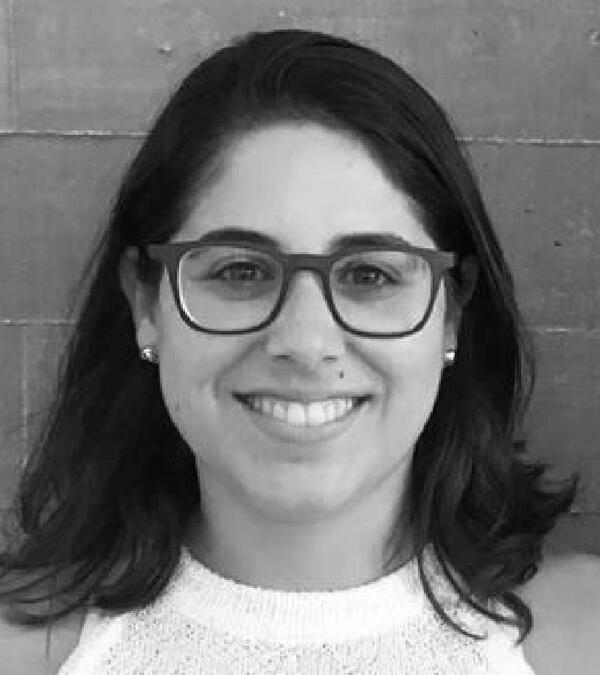
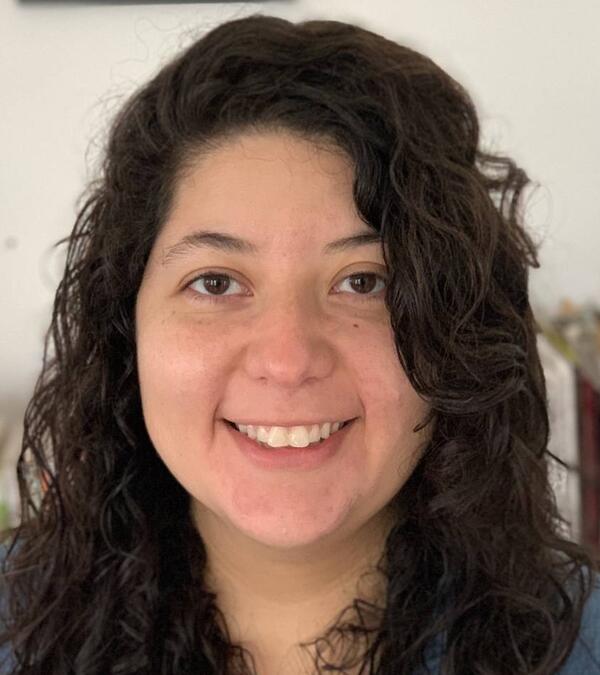
Betzabe is a graduate of the Faculty of Architecture of the National Autonomous University of Mexico. During her undergraduate studies, she collaborated with public health researchers inside and outside the university and participated in international multidisciplinary projects such as CASA UNAM. Later, she worked as an architect at Estudio Lamela in Mexico City and as a research assistant at the Arthur Ross Architecture Gallery from Columbia University in New York. Recently, she obtained a master’s degree in Critical Conservation from Harvard University.
People and Partners
Yale School of the Environment
Kroon Hall
195 Prospect Street
New Haven, CT 06511
Email: ycej@yale.edu

